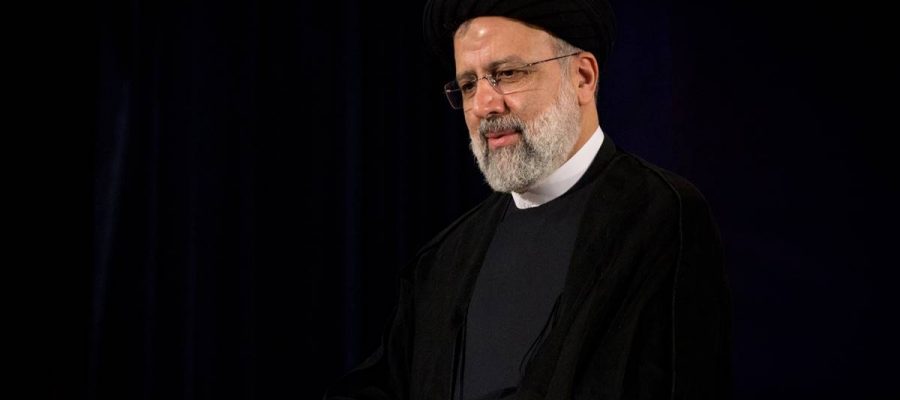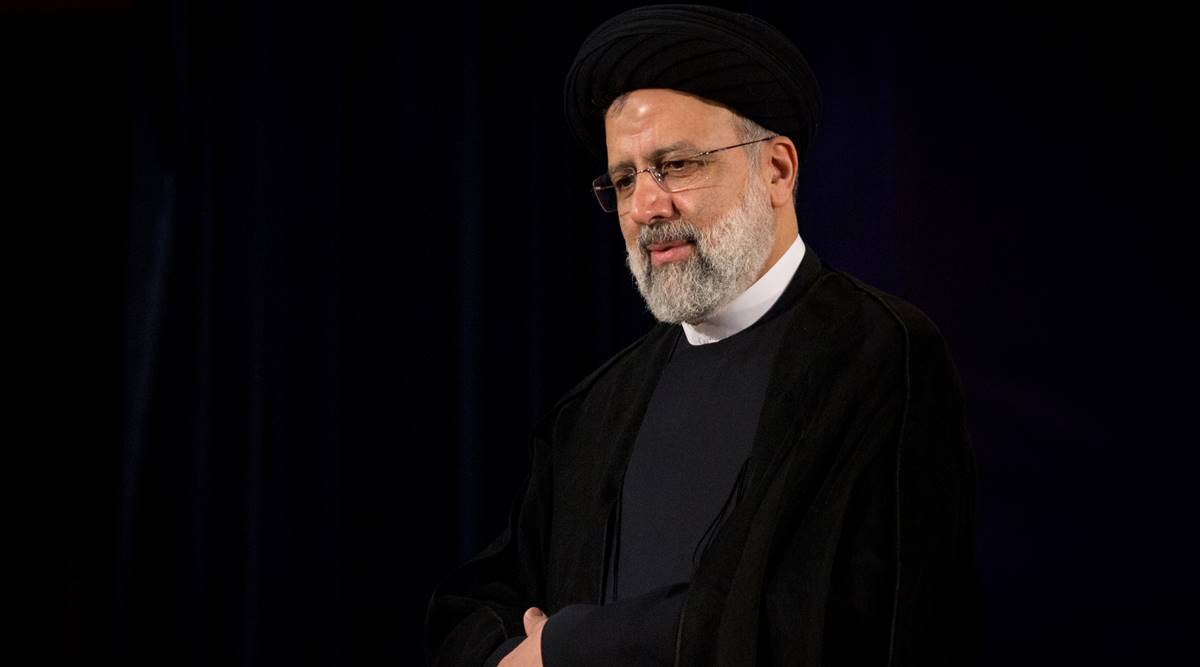This consolidation of power has resulted in the narrowing of Iran’s political spectrum, with reformists and moderates increasingly sidelined
Ebrahim Raisi, the chief of the judiciary and a hardliner, has won the 13th presidential election in Iran. According to Iran’s interior ministry, 28.6 million out of the total electorate of 59 million turned out to vote. With 90 per cent of the votes counted, Raisi won over 17.8 million votes and passed the minimum bar of 50 per cent of all votes. His conservative rival, former Revolutionary Guard commander Mohsen Rezaei, came a distant second with 3.3 million votes; and the reformist-backed Abdolnaser Hemmati, former governor of the Central Bank, trailed with 2.4 million votes. It is noteworthy that the number of blank ballots, seen as “protest votes” against the choice of candidates, is rumoured to be second only to the number of votes polled by Raisi.
In Iran, popular elections are supervised by the cleric-dominated constitutional body, the Guardian Council. The 12-member council consists of six theologians appointed by the Supreme Leader and six jurists approved by parliament from a list nominated by the chief justice, who is also appointed by the Supreme Leader. This time around, the council disqualified all but seven of the 592 candidates. Hardliners dominated the approved list, while only two non-conservatives made the cut. President Hassan Rouhani complained of the “lack of competition” to the Supreme Leader, who has the power to intervene and review the disqualifications.
Analysts argue that the council’s overzealous vetting, leaving not even an illusion of competition between Raisi and others, is about controlling the succession process. Iran’s presidential cycle is eight years long, and it is likely that during the term of the next president, a successor would have to be found to Iran’s Supreme Leader Ayatollah Khamenei. The council’s heavy vetting played into already existing voter apathy, given that higher turnouts have been a vote against the establishment, resulting in reformist and moderate victory.
Over the last three years, as a result of the Trump administration’s “maximum pressure” campaign, the centrist Rouhani administration lost ground, while security elements, including the revolutionary guards, strengthened their economic and political profile, taking the credit for Iran’s survival against Washington’s “economic war”. Last year’s parliamentary elections saw the Guardian Council disqualifying many reformist and moderate candidates. As a result, the hardliners dominated the new parliament.
Raisi is widely seen as being handpicked by Khamenei. After finishing his studies in the Qom seminary under Khamenei, he was appointed state prosecutor after the Iran-Iraq war and helped purge dissidents associated with the Mujahedin-e-Khalq, and later those who took part in the Green Movement following the controversial elections in 2009. He was appointed by Khamenei as the custodian of Astan Quds Razavi, the wealthiest foundation which manages the Imam Reza shrine in Mashhad and its various institutions and industries. Following his defeat in the 2017 presidential elections, he was appointed by Khamenei as the head of the judiciary. This raised his public profile significantly and he further boosted his image by leading an anti-corruption campaign. Many argue that Raisi, who is a cleric and a Seyed (a title denoting those tracing their lineage to Prophet Mohammad) and is loyal to the conservative establishment, is being groomed to be the next Supreme Leader. His current win will add to his credentials.
The consolidation of power by hardliner-conservatives has resulted in the narrowing of Iran’s political spectrum, with reformists and moderates increasingly sidelined. Former president Mohammad Khatami and Mehdi Karroubi, reformist leaders whose support played a role in Rouhani’s victory in 2013 and 2017, slammed the disqualifications as endangering the republican aspect of the system. Days before the vote, they urged people to support Hemmati, while Mir-Hossein Mousavi, the other leader of the Green Movement, insisted that the most important issue was the Guardian Council’s “stage management” of the polls. The election, therefore, has laid bare the deep divisions and confusion within the reformist camp.
With Raisi’s win, conservative-hardliners control all the important levers of power in Iran. However, the dynamics of Iran’s notoriously complex political ecosystem and volatile society can always throw up a surprise.
The writer is a research fellow at Indian Council of World Affairs, New Delhi
Source: Read Full Article



